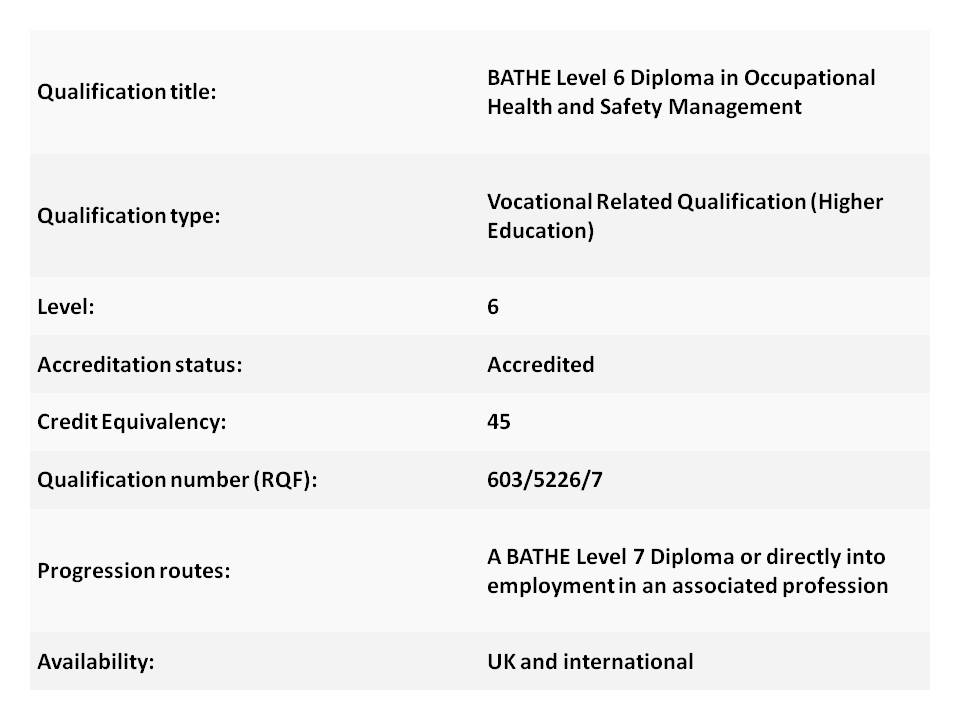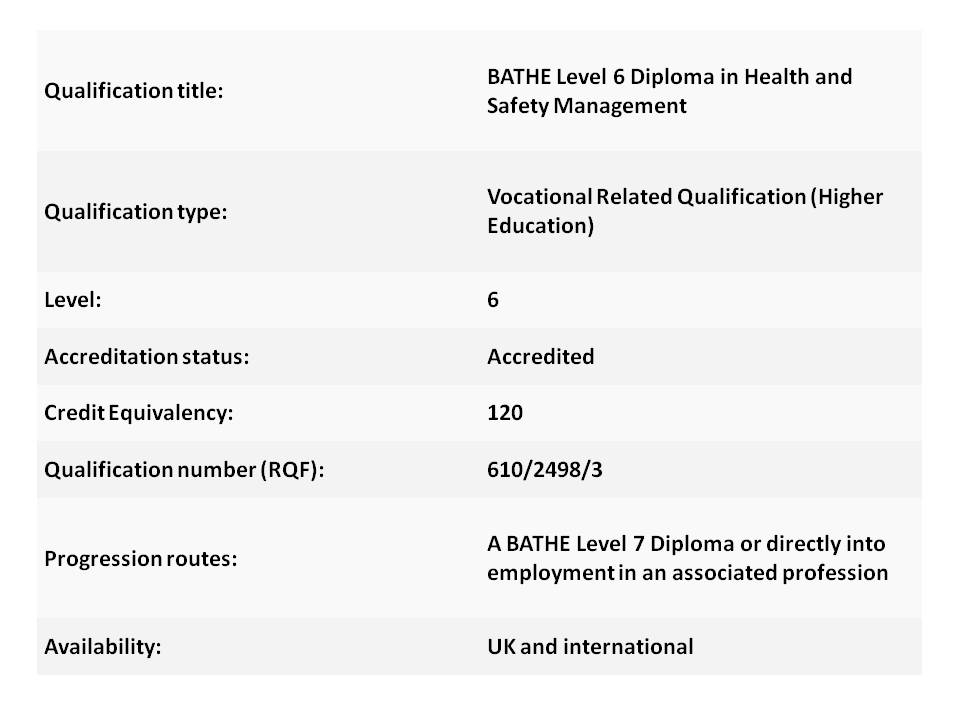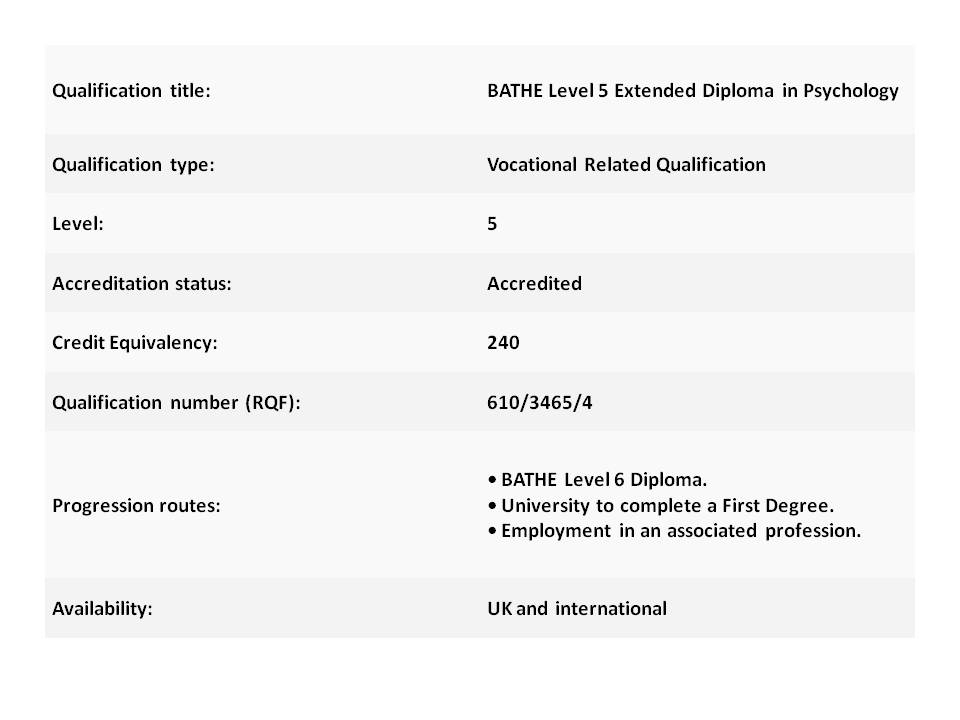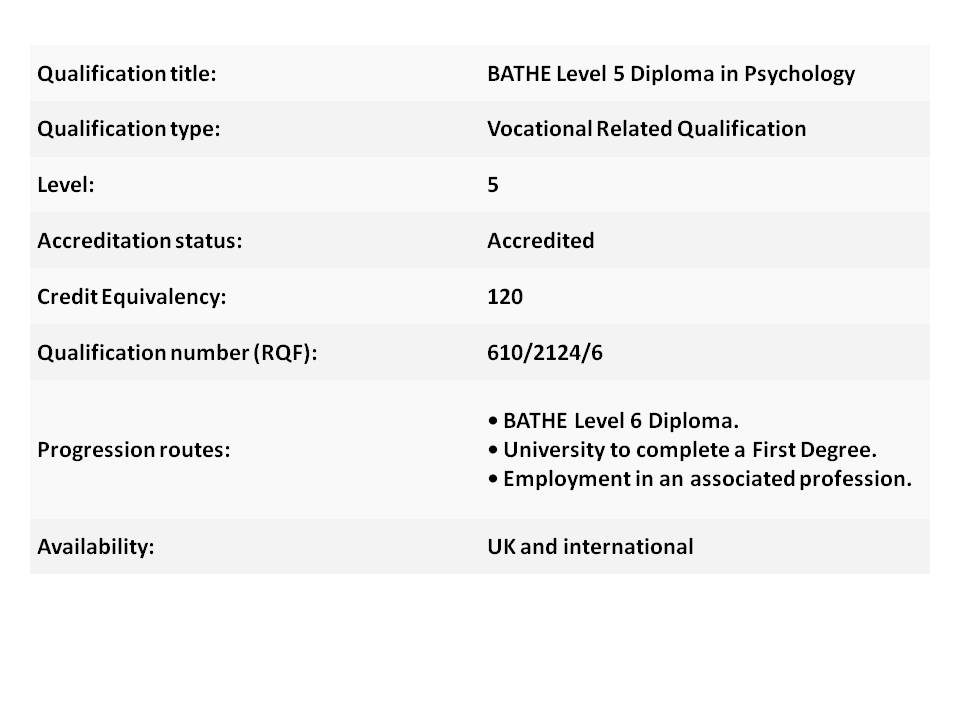Specifications

Course Overview
The level 7 International Diploma in Occupational Health and Safety Management is a qualification for aspiring health and safety professionals. It is aimed at learners who are responsible for developing and applying health and safety procedures on a day-to-day basis in an organisation. They are likely to be managers looking to improve their knowledge and skills. The Diploma is designed to provide learners with the expertise required to undertake a career as a health and safety manager and it also provides a sound basis for progression to postgraduate study.
Units
- Management-Driven, Risk-Based Safety Management Systems
- Globalisation, Sustainability and Safety Culture Performance
- Digitalisation and Incident Investigation
- Development as a Strategic Manager
Learning Outcomes
- Apply and make critiques of different implementation standards of occupational health and safety management.
- Evaluate the role of strategic leadership in risk management
- Review the impact of globalization in an organisation’s safety culture
- Understand and apply the principles of sustainability in safety sector
- Analyse problem-solving techniques that are specific to risk assessment
- Manage strategic risks in organisation health and safety domain
- Analyse the impact of Artificial Intelligence (AI) in occupational health and safety risk management
- Evaluate risk control measures from a wide range of hazards
Entry Requirements
- A minimum of a Level 6 qualification in a related sector or;
- Bachelors in Engineering degree or;
- Masters in Engineering degree or;
- A minimum of 3 years’ managerial work experience which demonstrates current and relevant
industry knowledge.
